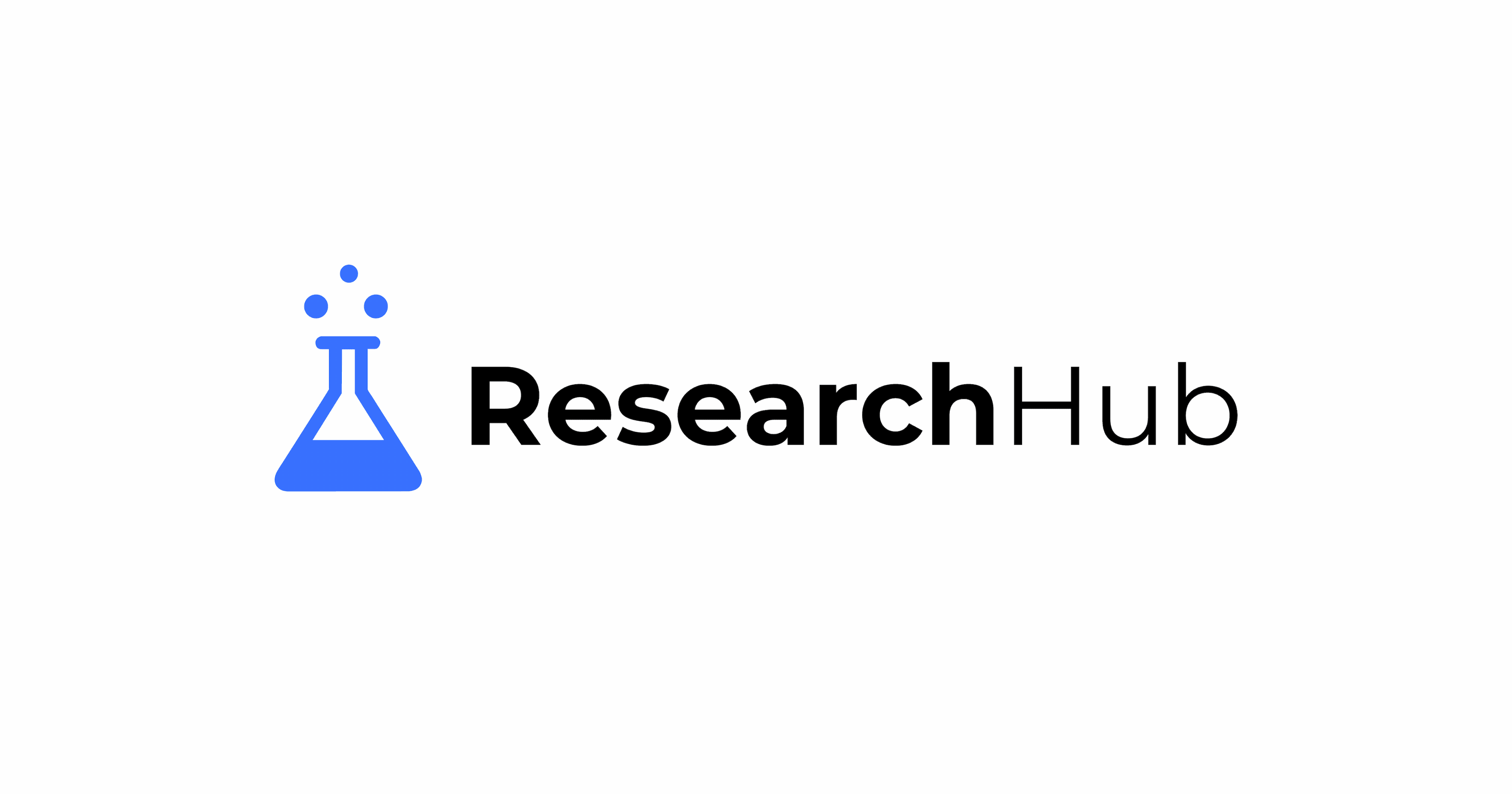ResearchHub and DeSci to Unpack Blockchain's Impact on Academic Research Funding

A live discussion on X (formerly Twitter) is set to explore how blockchain technology is fundamentally altering the landscape of academic research, particularly in funding, sharing, and validation. The event, scheduled for October 28 at 12:30 PM EST, features ResearchHub, a prominent platform in the Decentralized Science (DeSci) movement, hosted by @Treki33.
The online discussion aims to delve into the core tenets of DeSci, a movement leveraging blockchain to address long-standing inefficiencies in traditional scientific research. ResearchHub, co-founded by Coinbase CEO Brian Armstrong, utilizes its native ResearchCoin (RSC) to incentivize researchers for publishing, reviewing, and collaborating openly. This token-based system allows for transparent funding mechanisms and community-driven governance, bypassing conventional gatekeepers.
DeSci initiatives, including ResearchHub, seek to democratize access to research funding, enhance transparency in data and methodologies, and foster global collaboration. Traditional academic research often faces challenges such as limited funding, publication biases, and data accessibility issues. Blockchain technology offers solutions by providing immutable, transparent ledgers for recording research data, funding transactions, and peer reviews, with smart contracts automating agreements.
Platforms like ResearchHub are pioneering new forms of research impact measurement and novel funding models for basic science. Recent developments include Silo Pharma, Inc.'s acquisition of ResearchCoin (RSC) to support the DeSci movement, highlighting growing institutional interest in tokenized research. This investment underscores the potential for blockchain-driven innovation to modernize scientific collaboration and unlock value in the trillion-dollar global research economy.
The upcoming X Space is expected to shed further light on these transformative changes, discussing how Web3 principles can lead to a more open, incentivized, and community-driven scientific ecosystem. The event will focus on how blockchain can streamline traditionally cumbersome areas of scientific funding and publishing, making research more accessible and efficient.